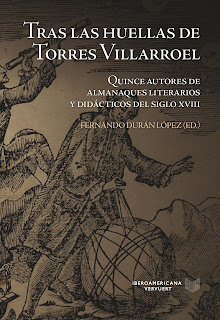
Open Access book publication: https://muse.jhu.edu/book/98273 Rens Bod, “World of Patterns: A Global History of Knowledge”, JHU Press, 2022. A comprehensive account of the methods of knowledge production throughout human history and across the globe.The idea that the world can be understood through patterns and the principles that govern them is one of the most important human insights—it may also be our greatest survival strategy. Our search for patterns and principles began 40,000 years ago, when striped patterns were engraved on mammoths' bones to keep track of the moon's phases. What routes did human knowledge take to grow from these humble beginnings through many detours and dead ends into modern understandings of nature and culture? In this work of unprecedented scope, Rens Bod removes the Western natural sciences from their often-central role to bring us the first global history of human knowledge. Having sketched the history of the humanities in his ground-breaking A ...
